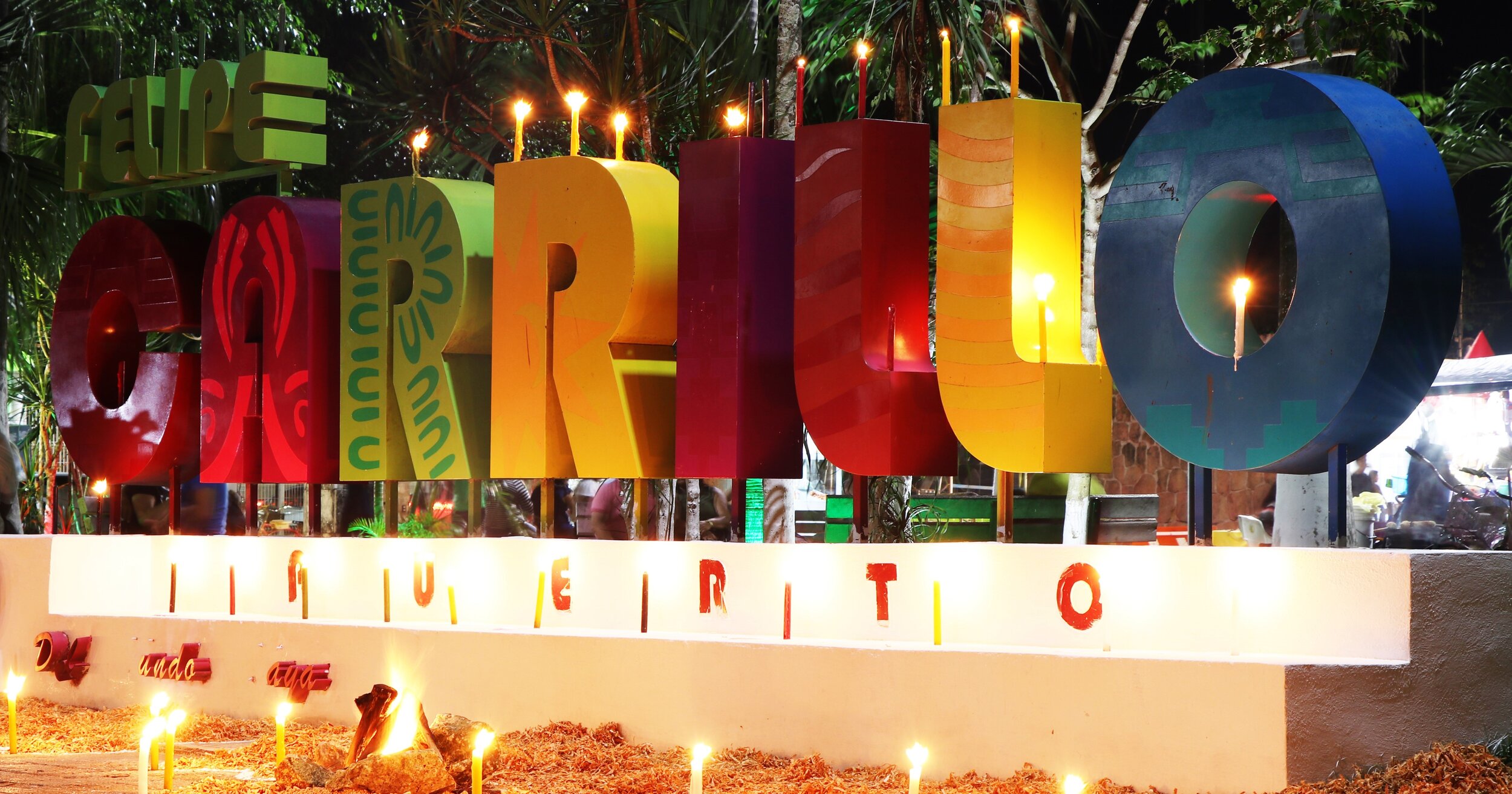
The Heartland of the Maya Resistance
Our Town
Our Town: Felipe Carrillo Puerto, Quintana Roo, Mexico
Na’atik’s colorful, bustling town, commonly called ‘Carrillo’, is just one hour south of Tulum and two hours north of Belize in México’s Yucatán Peninsula. Carrillo is surrounded by green, low-brush jungle in the center of the state of Quintana Roo in the heartland of the historic Maya resistance. Some of the world’s most spectacular Caribbean beaches are just over an hour away.
“Felipe Carrillo Puerto is the real and charming Mexico! I never once felt unsafe and all of the locals were very friendly and helpful.”
—Ronica W.
Carrillo is the perfect place to learn Spanish or Maya. The pace is slower, the people are friendly, and as very few people speak English, you’ll be fully immersed in your new language. People here speak slowly, are easy to understand and will take the time to talk to you. As a small city with a tight-knit community, it is also extremely safe to walk and bike around the town. The population is of Maya descent and it’s still common to see older women in their traditional huipil dress speaking Maya.
“I felt very safe in Carrillo, even as a 16 year old girl by myself, and had a great time exploring other cities nearby on the weekends.”
—Maddie D.
history of carrillo
Rich in history and culture, Carrillo continues to be a source of pride for the Maya. The city is known for its strength in defeating the ‘white’ Spanish-blood Mexicans during their ‘Caste War’ or La Guerra de Castas invasion into the region of Quintana Roo in 1850. In 1930, the town’s name was changed to honor the mayor, Felipe Carrillo Puerto, because he was one of the first politicians to fight for indigenous rights for the local people. Today, Carrillo’s municipality of approximately 80,000 inhabitants covers not only the city, but the surrounding Maya Communities.
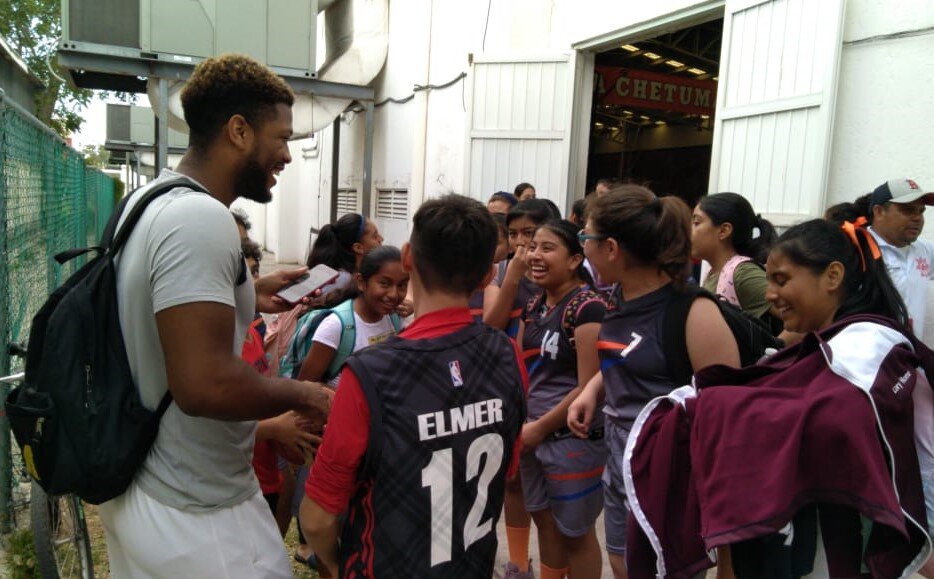
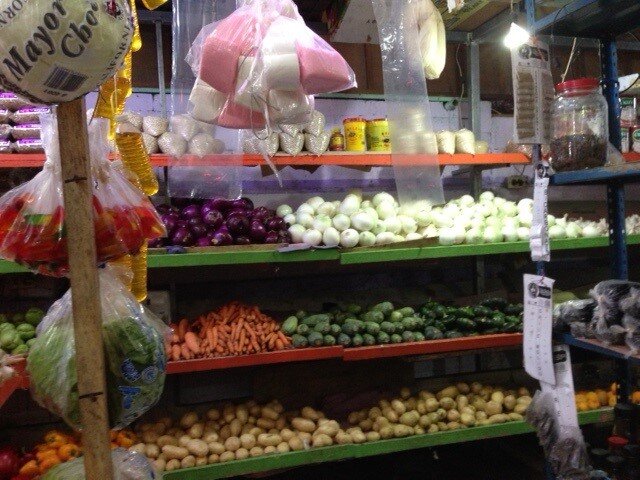
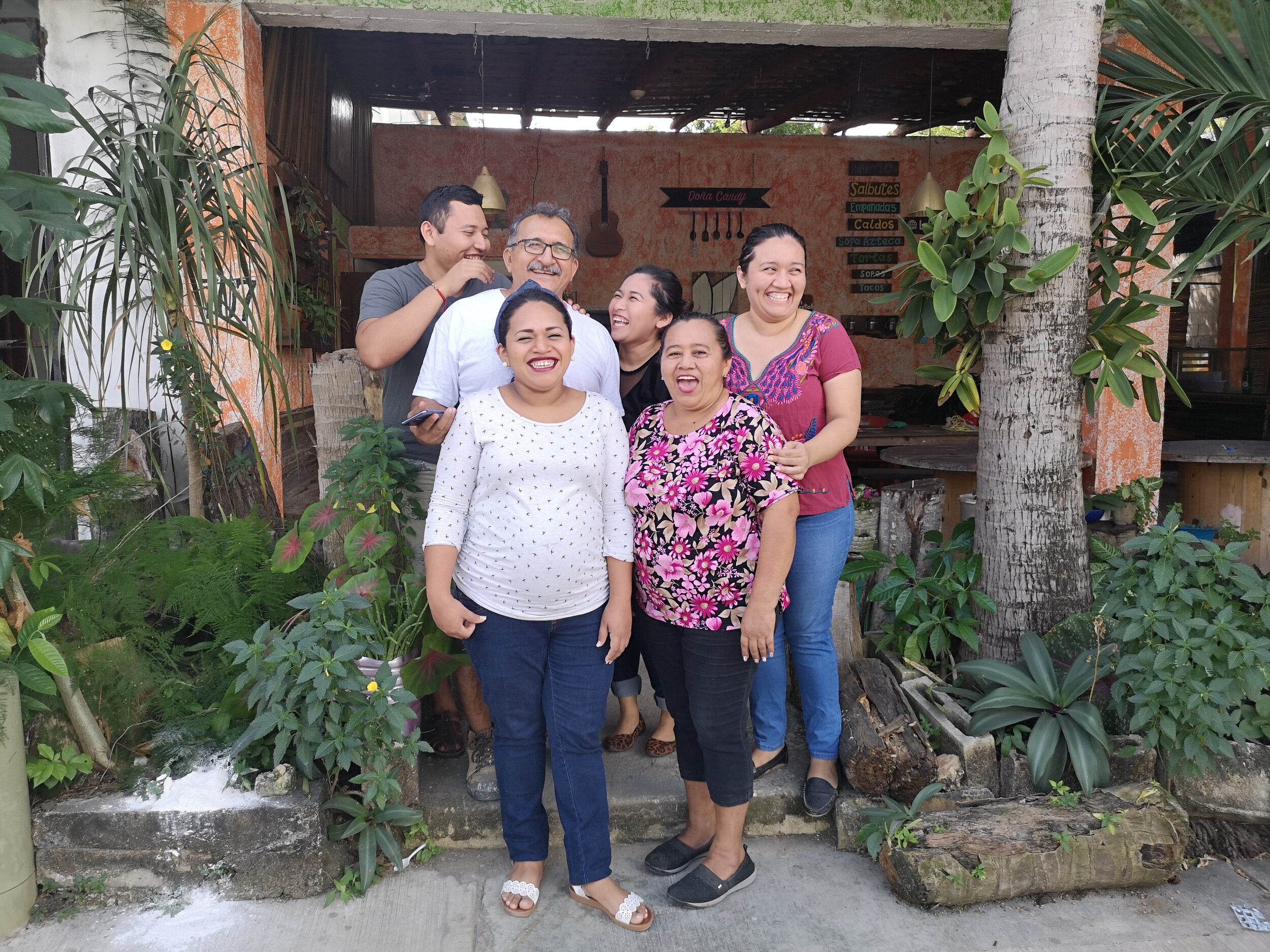

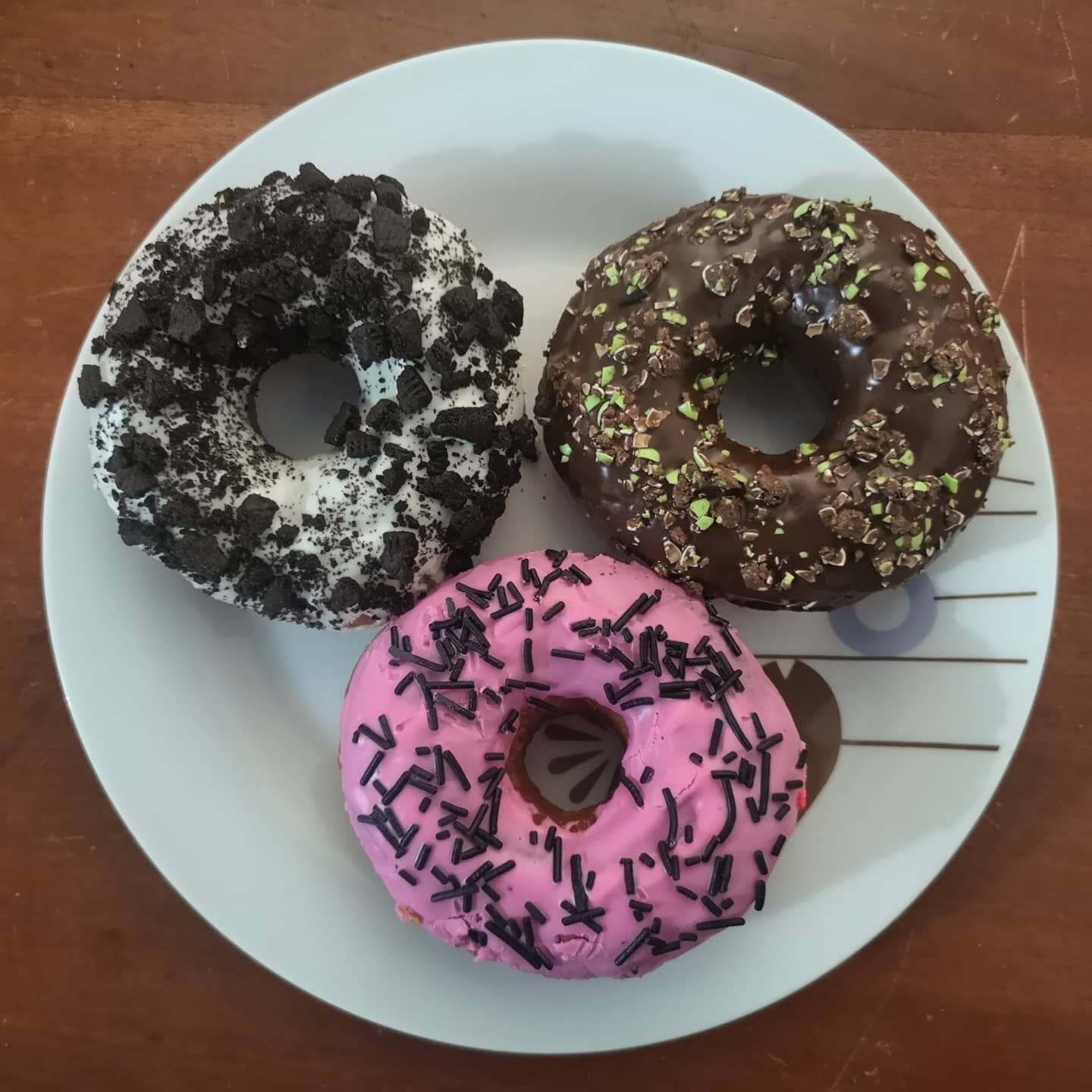
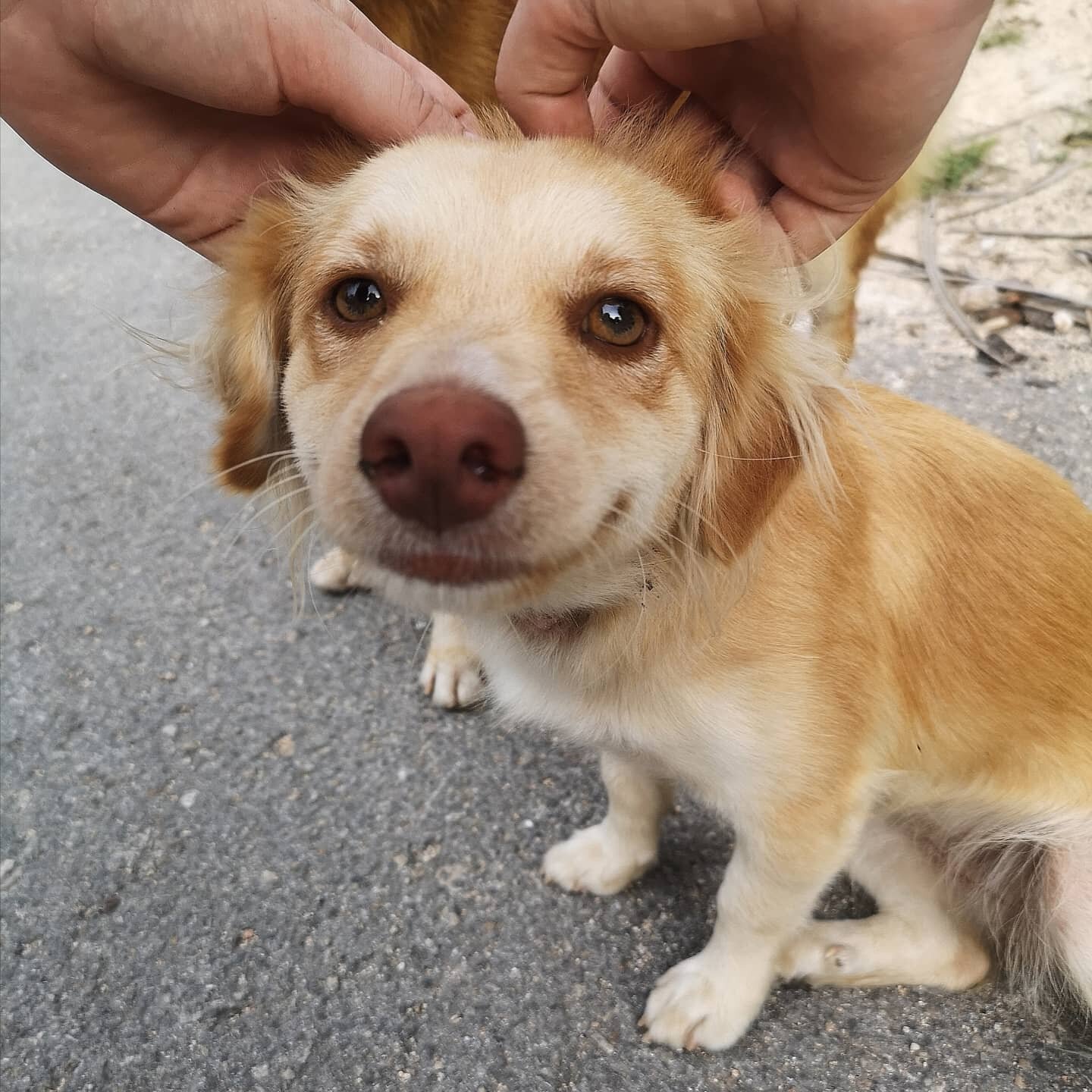
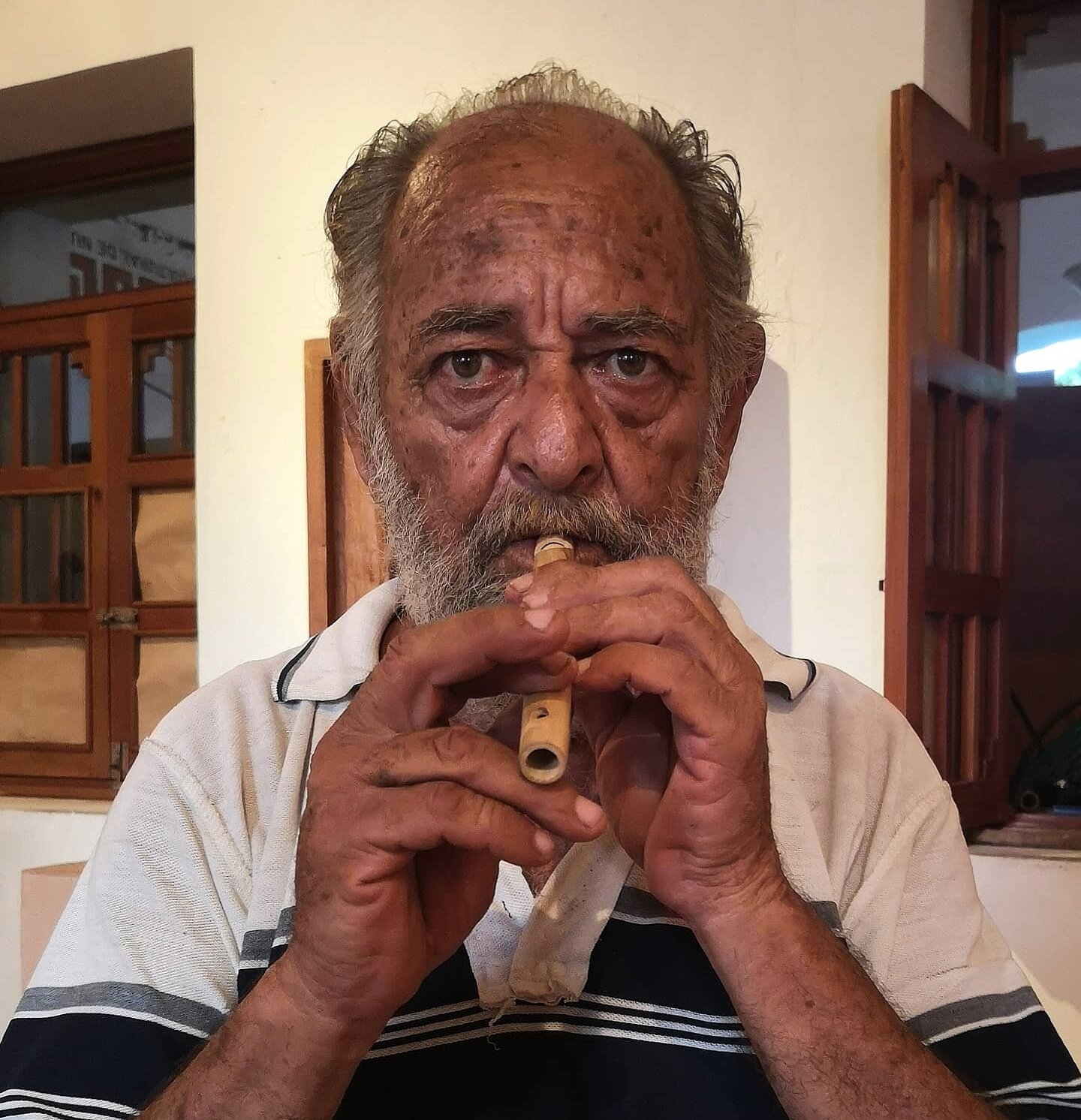
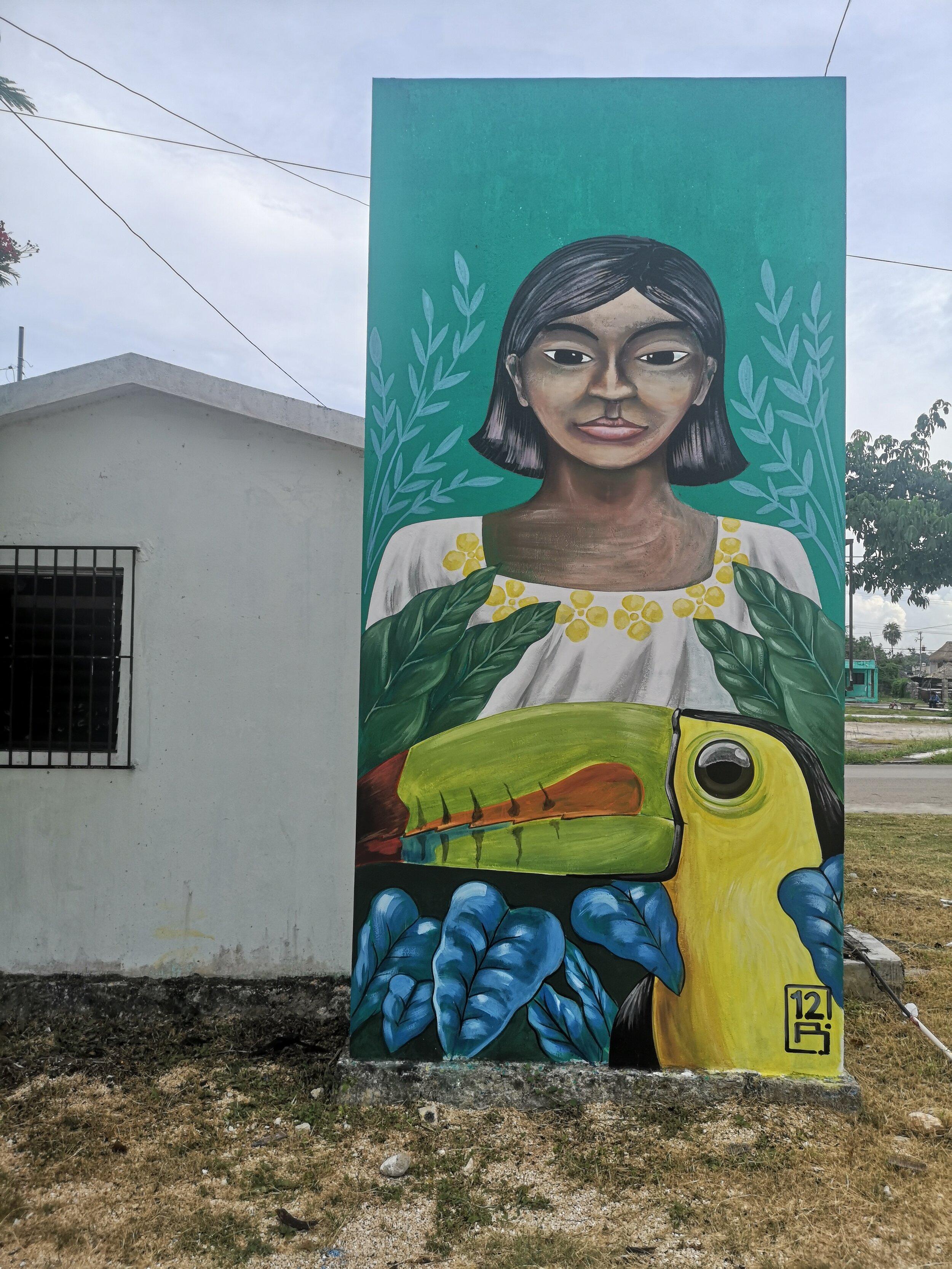
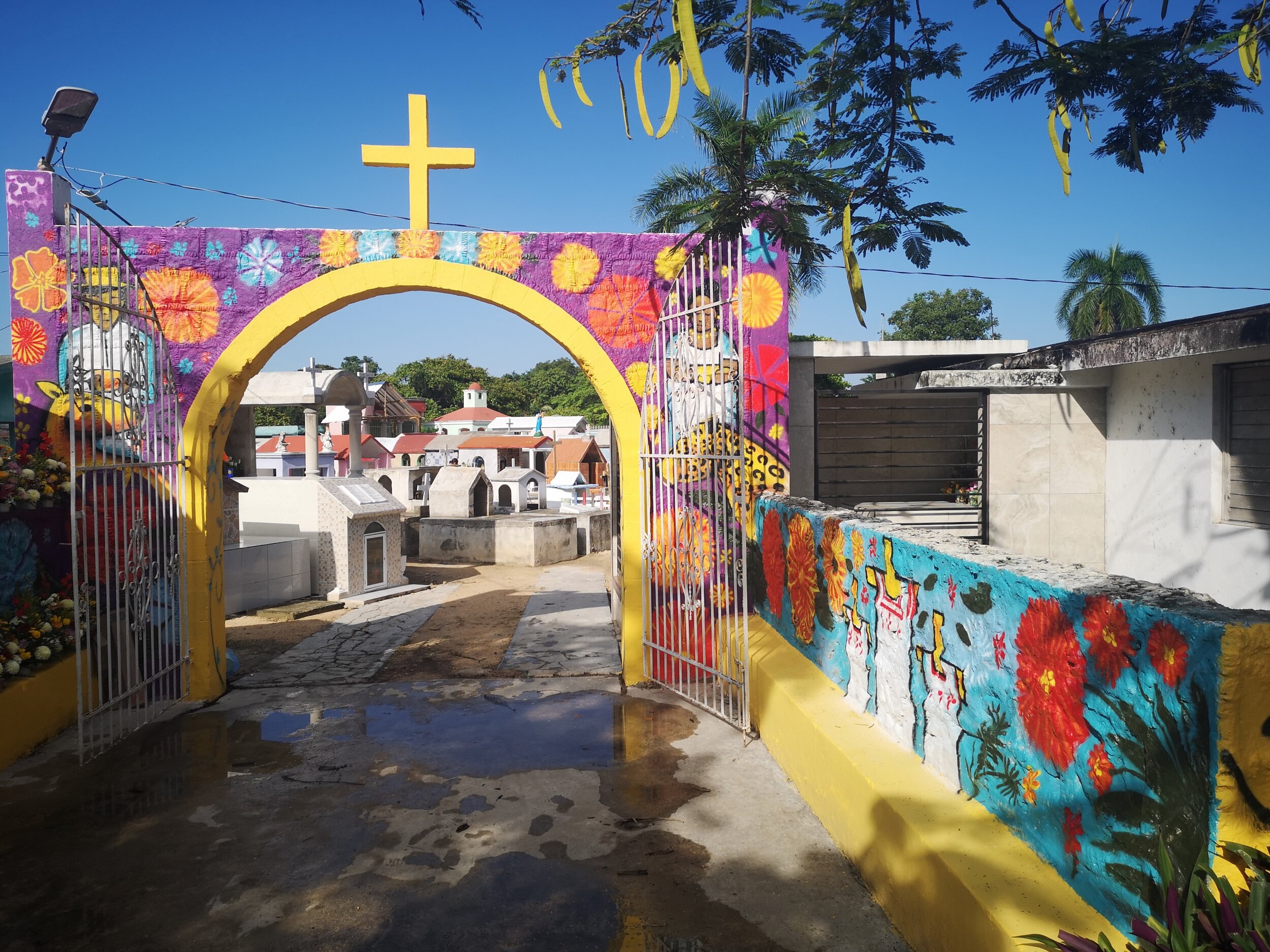
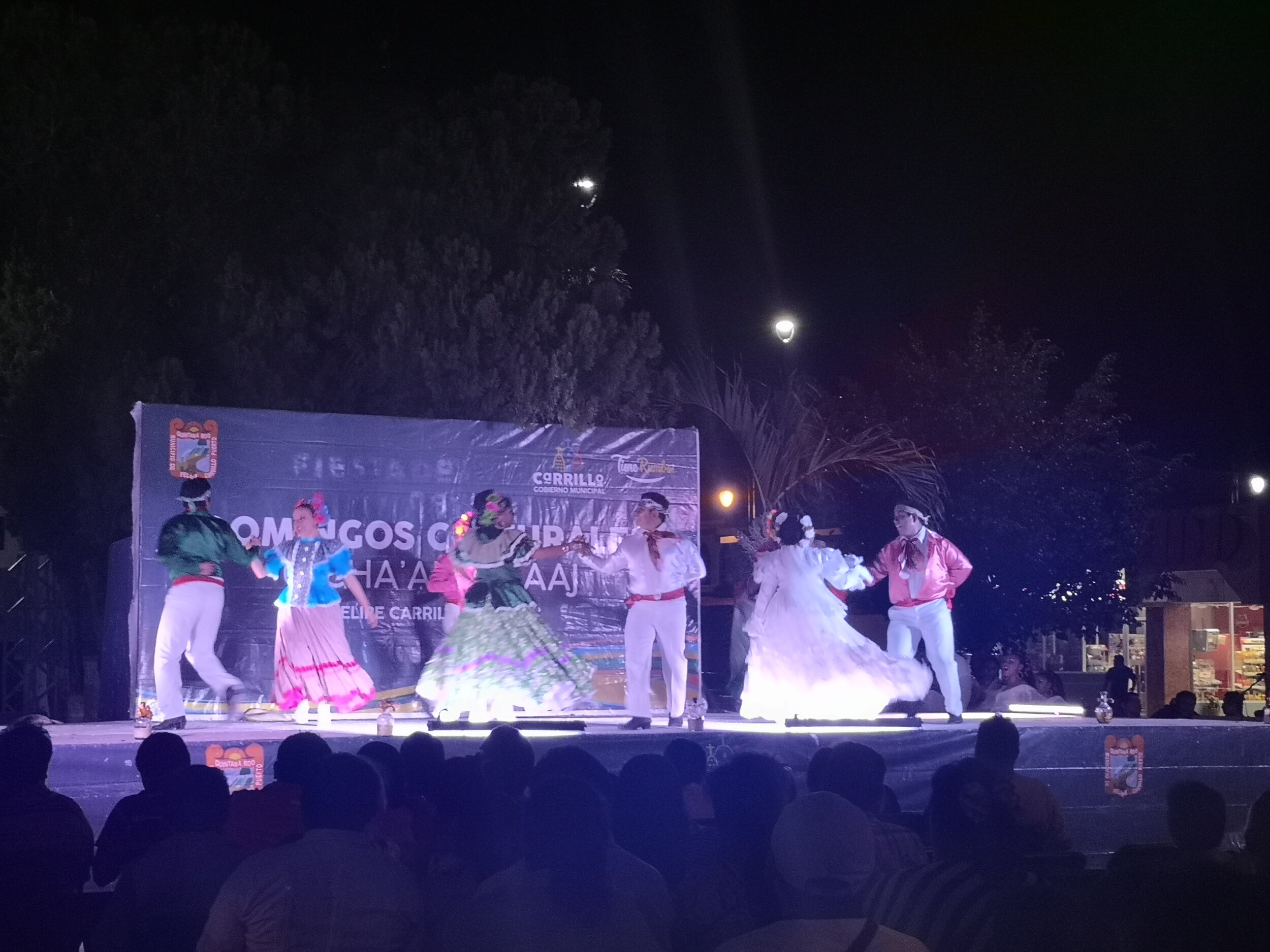
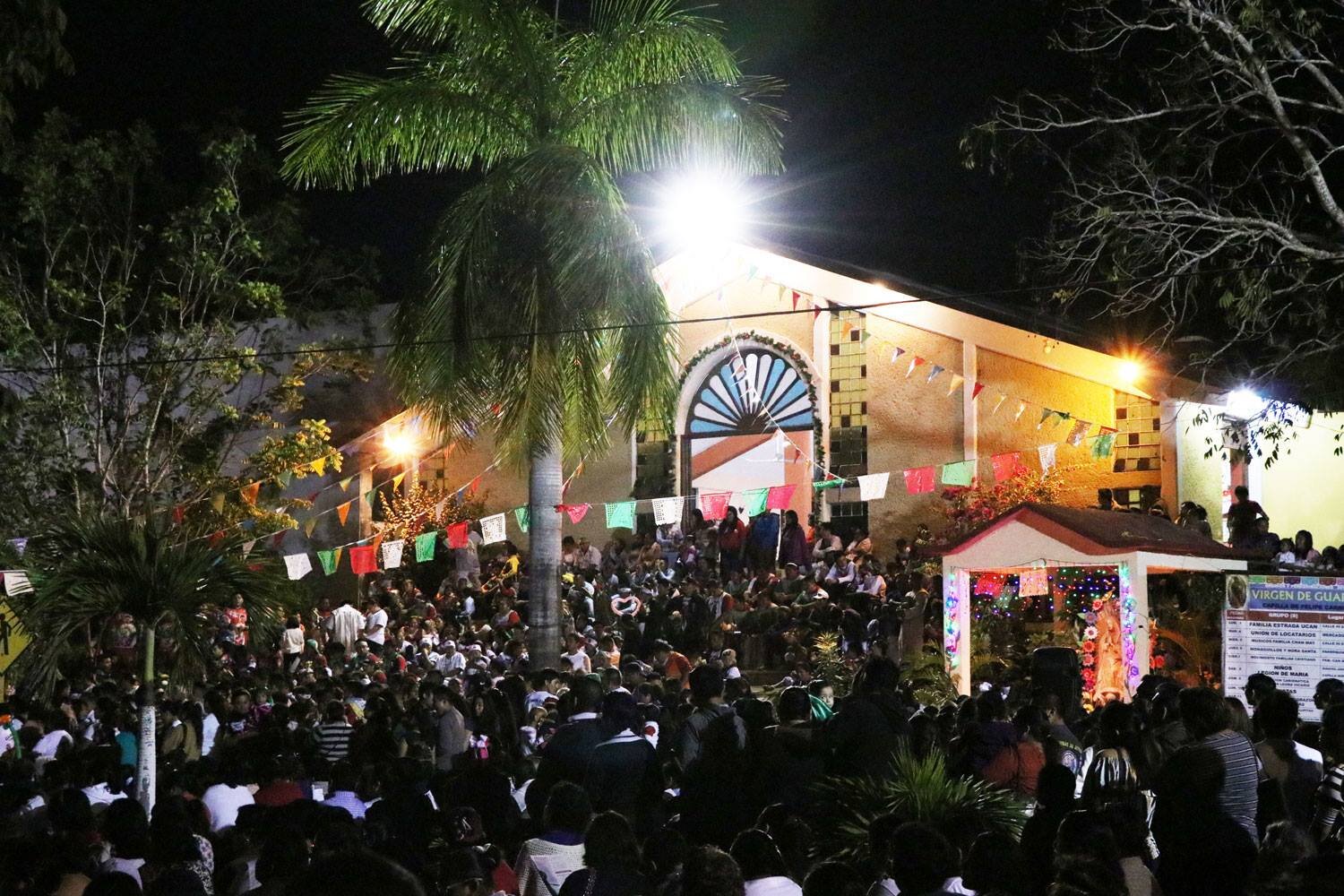
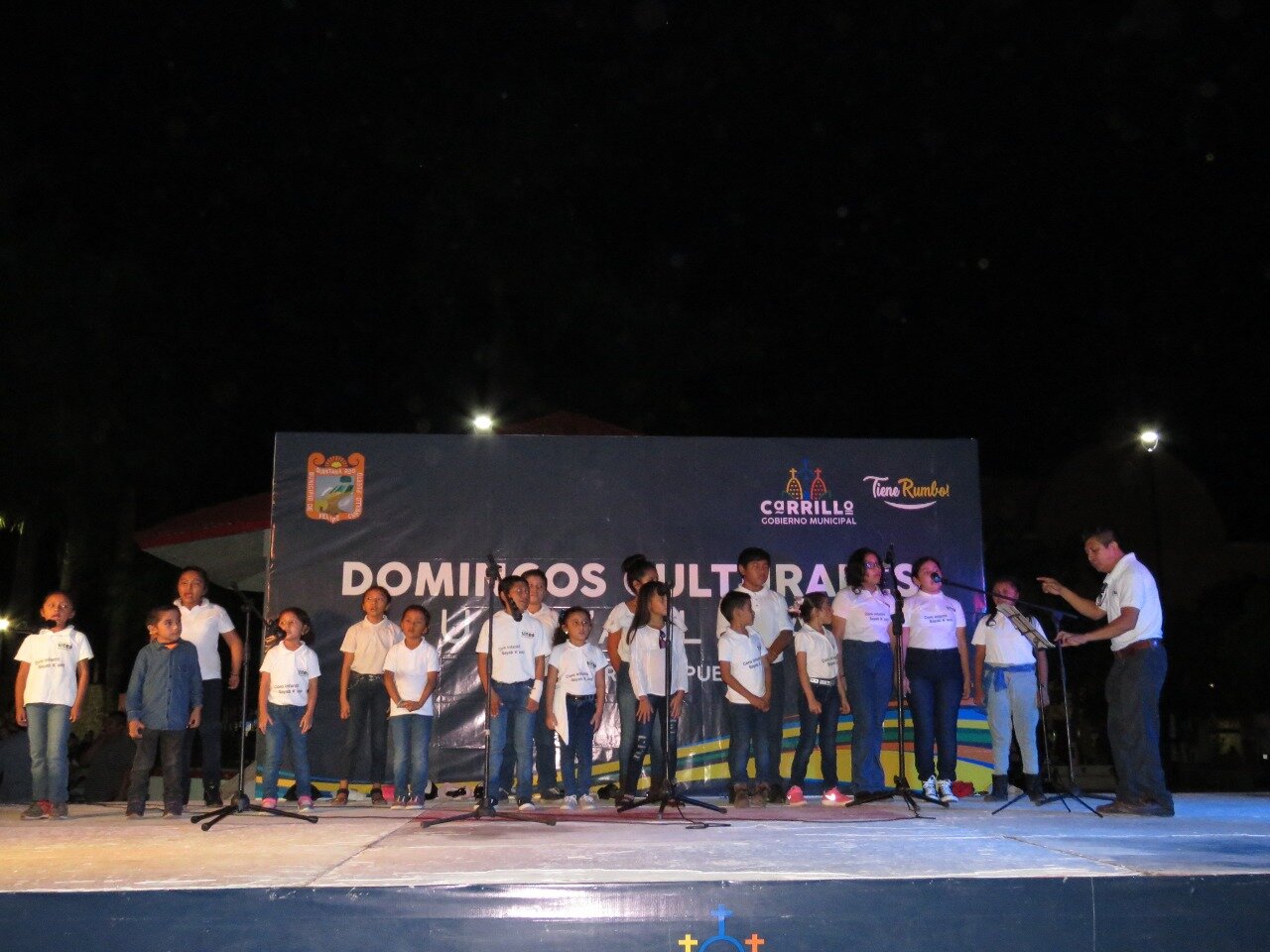
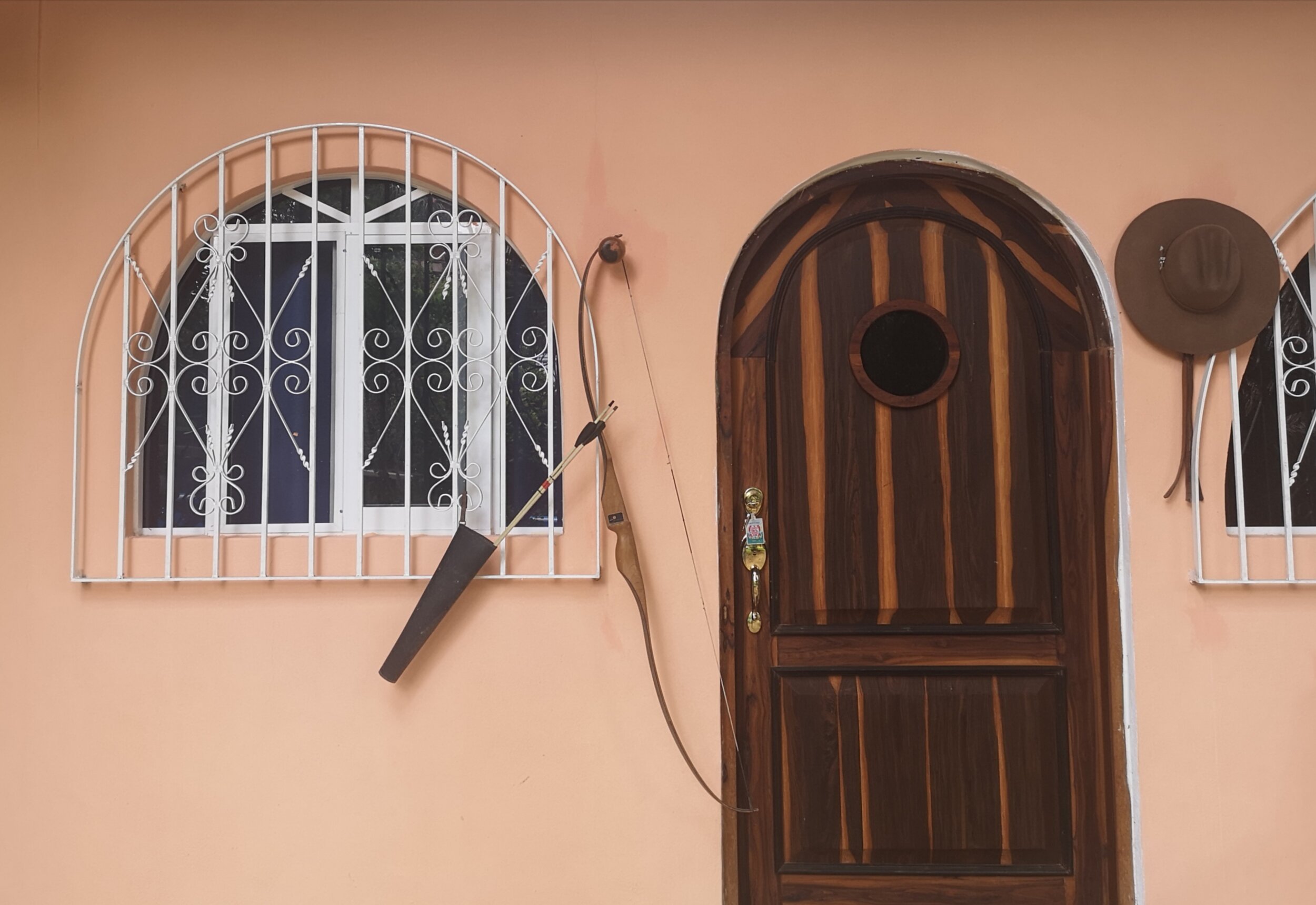
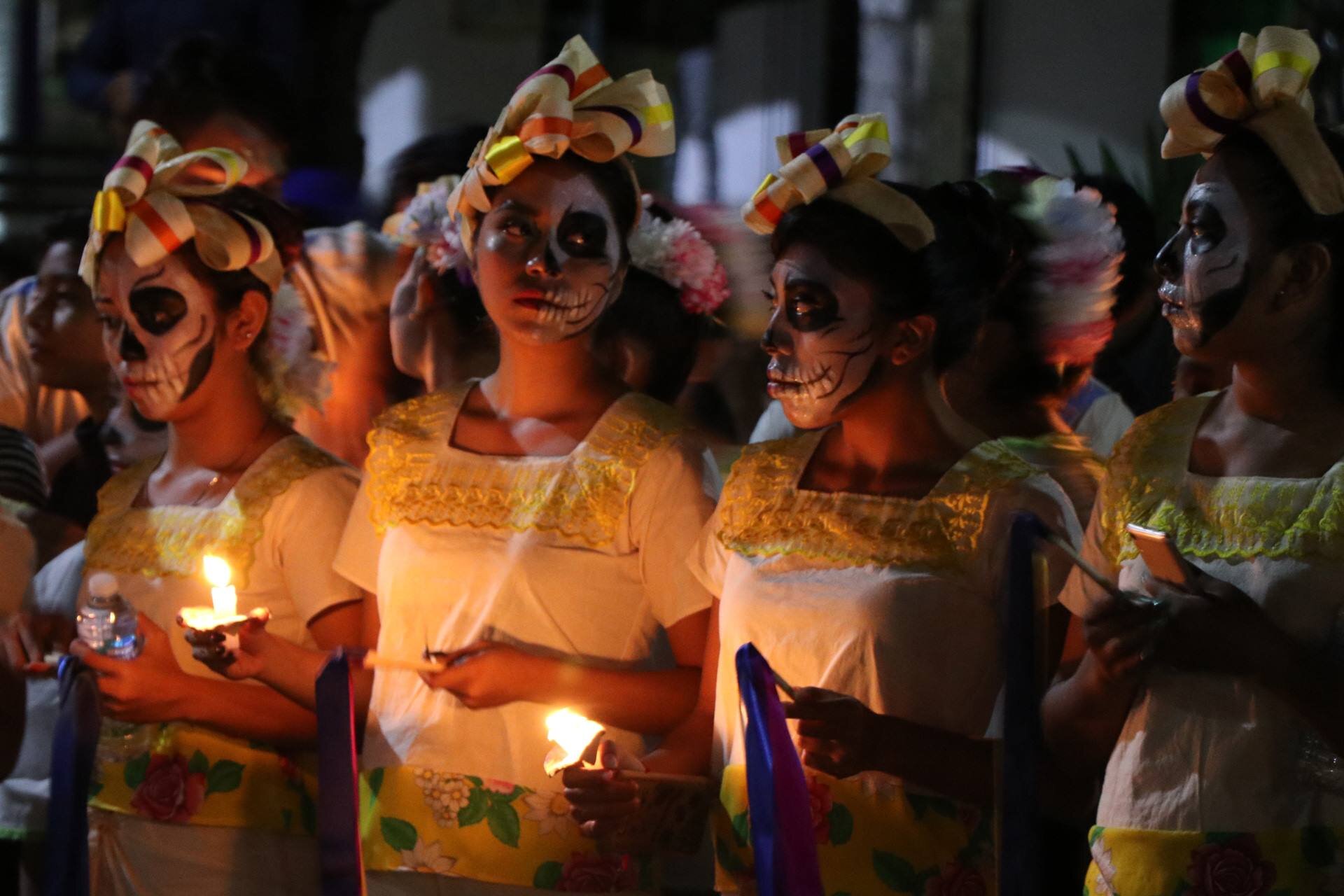
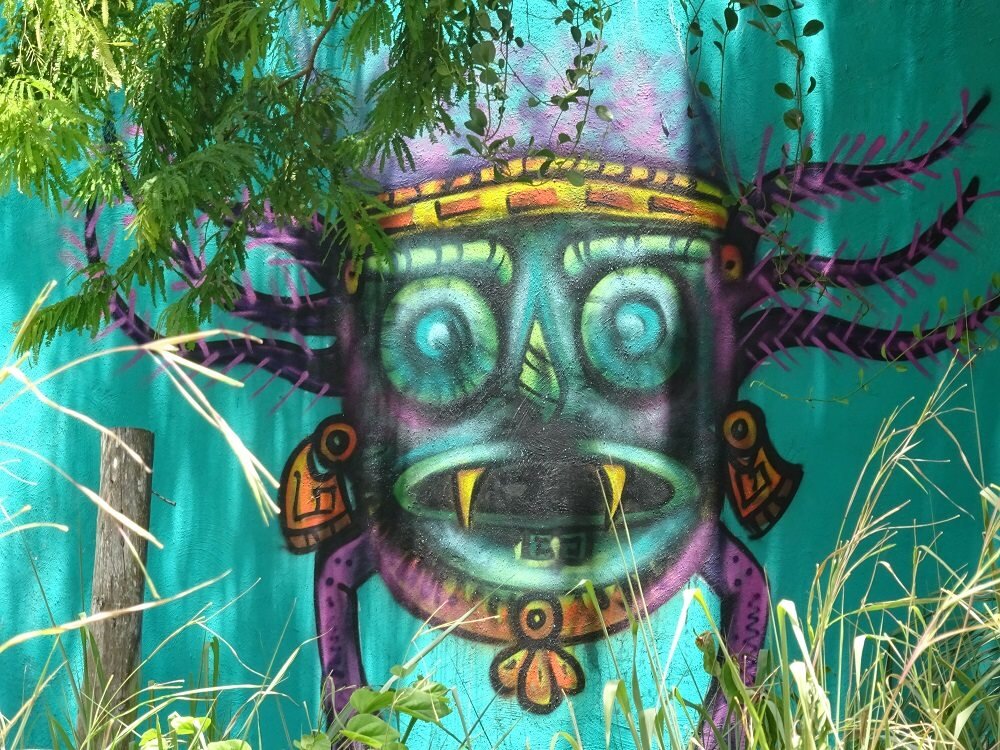
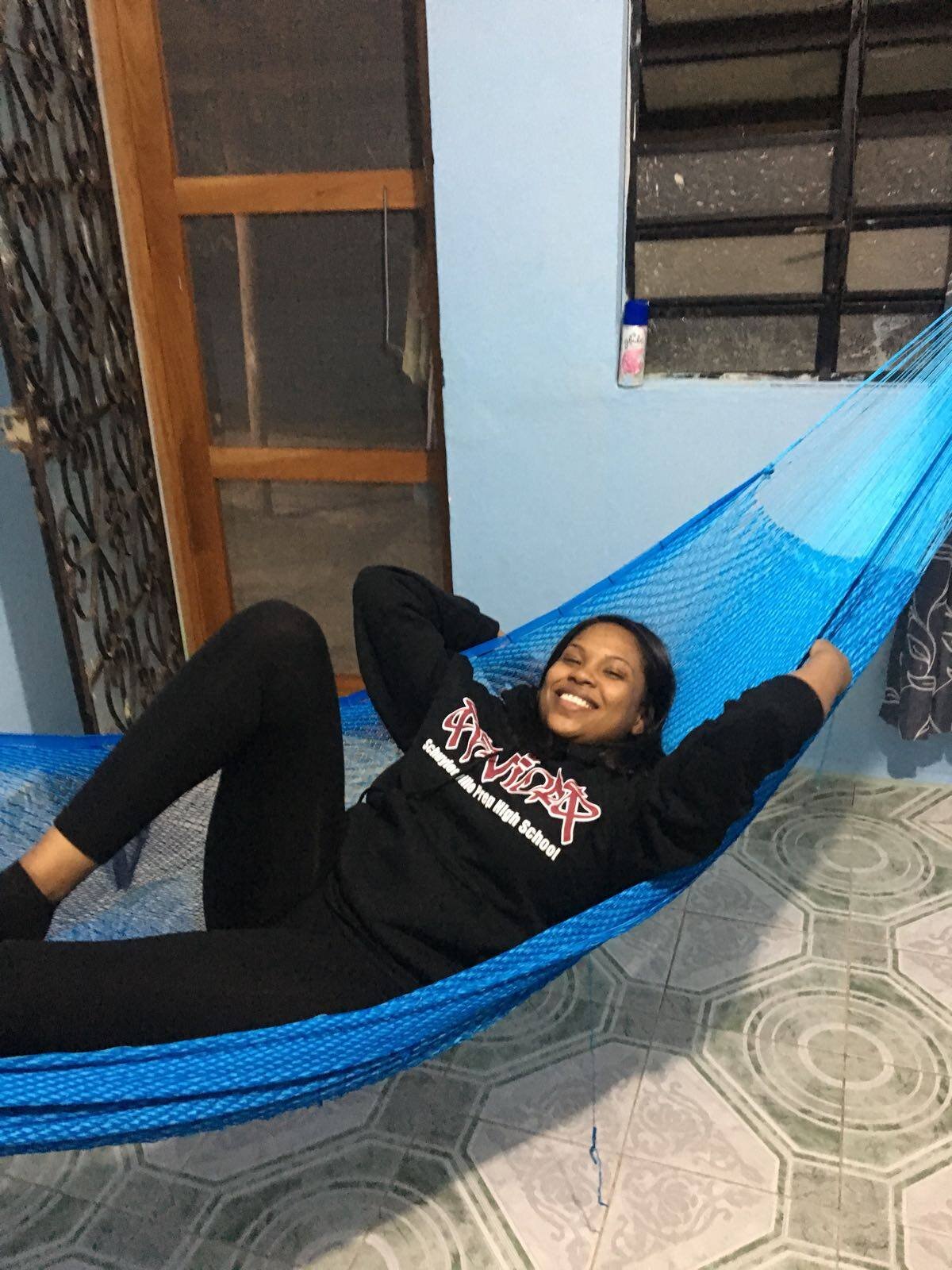
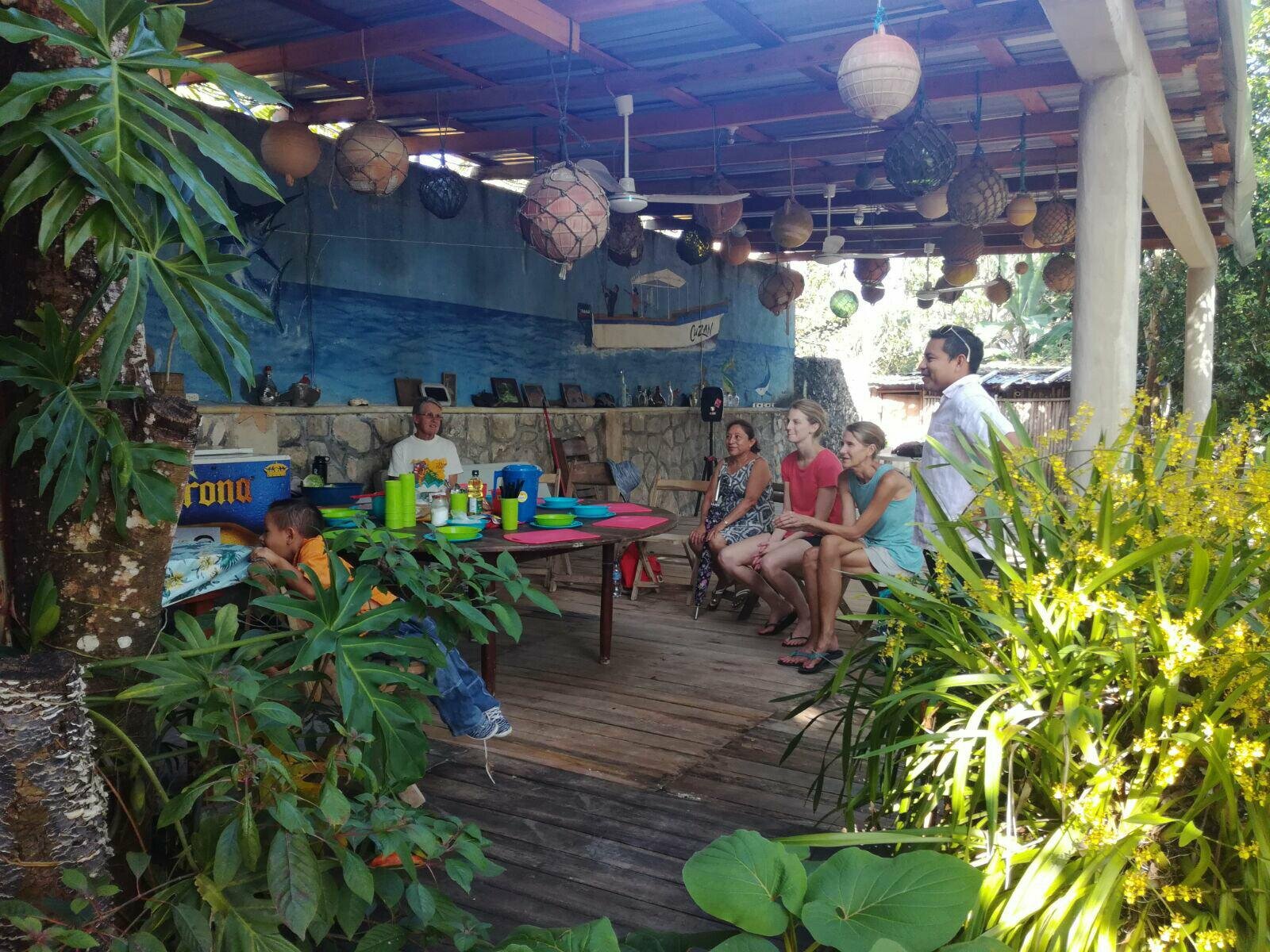
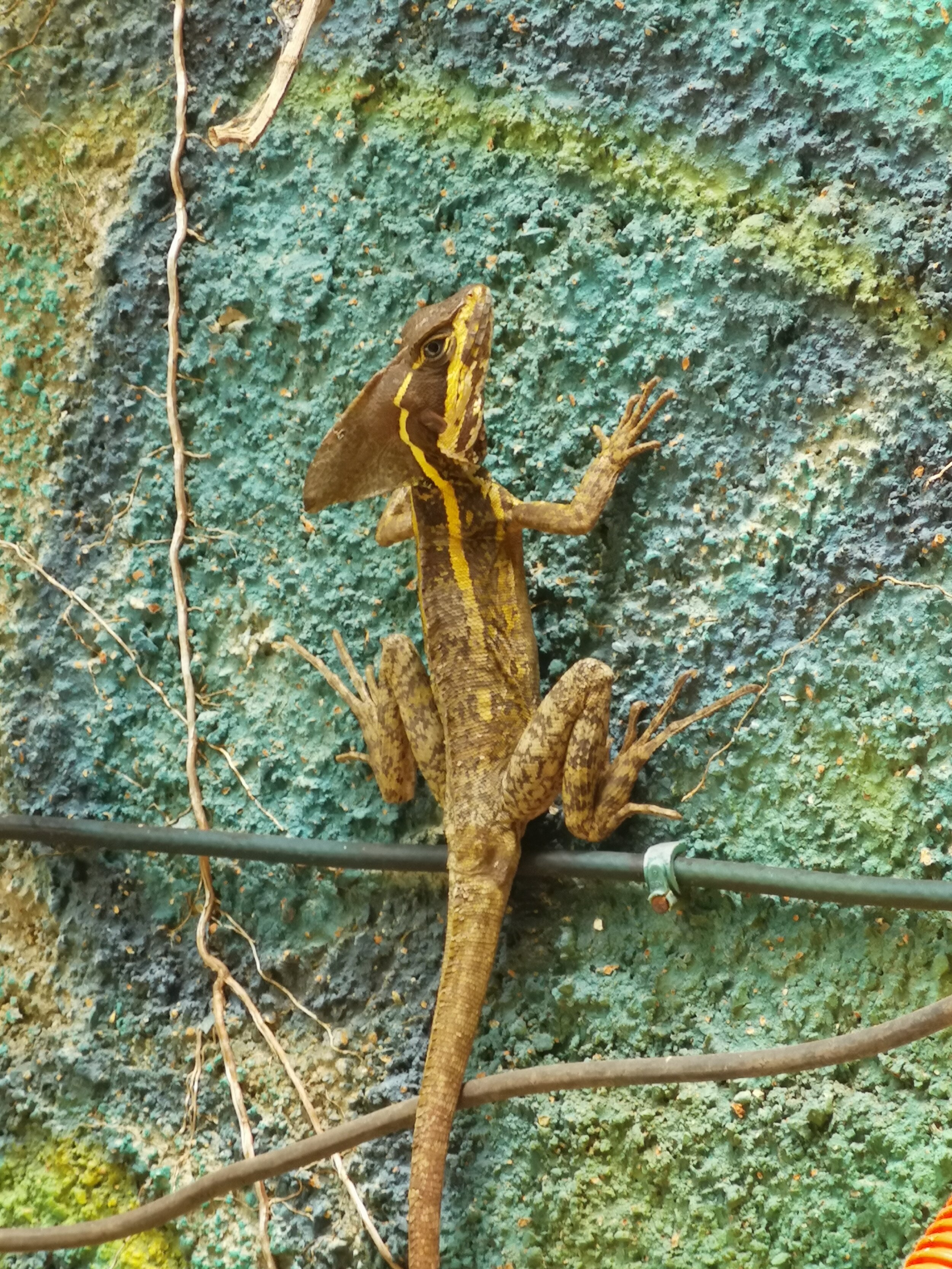
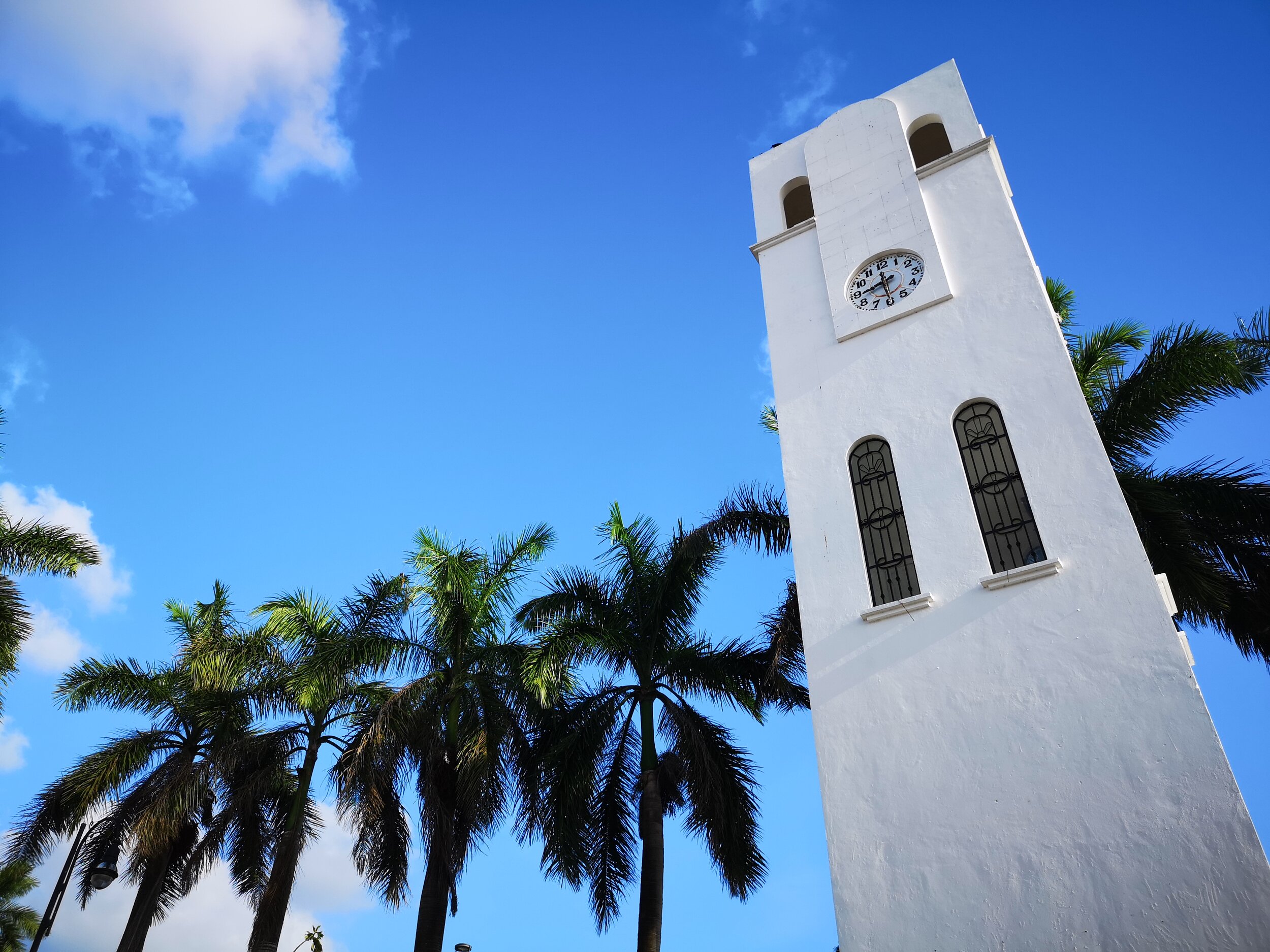
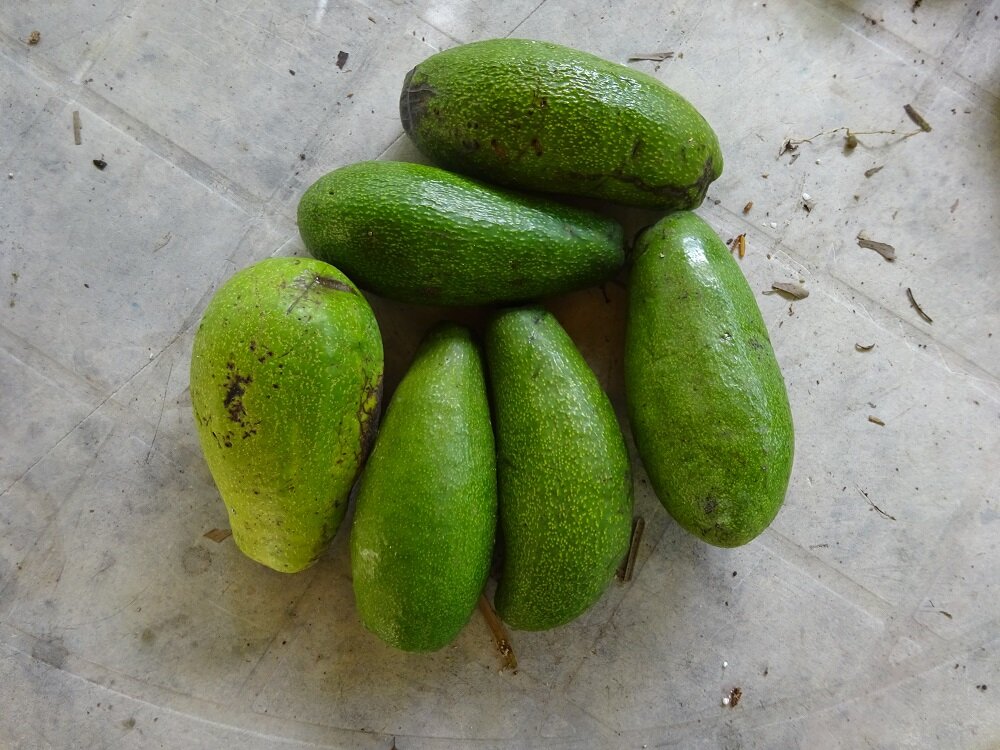
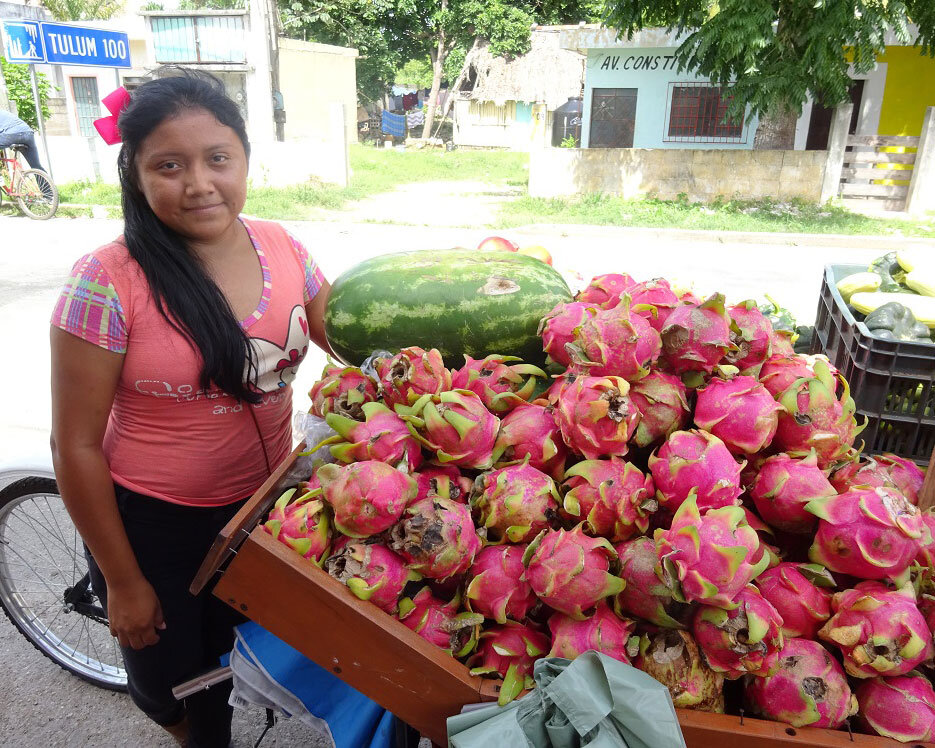
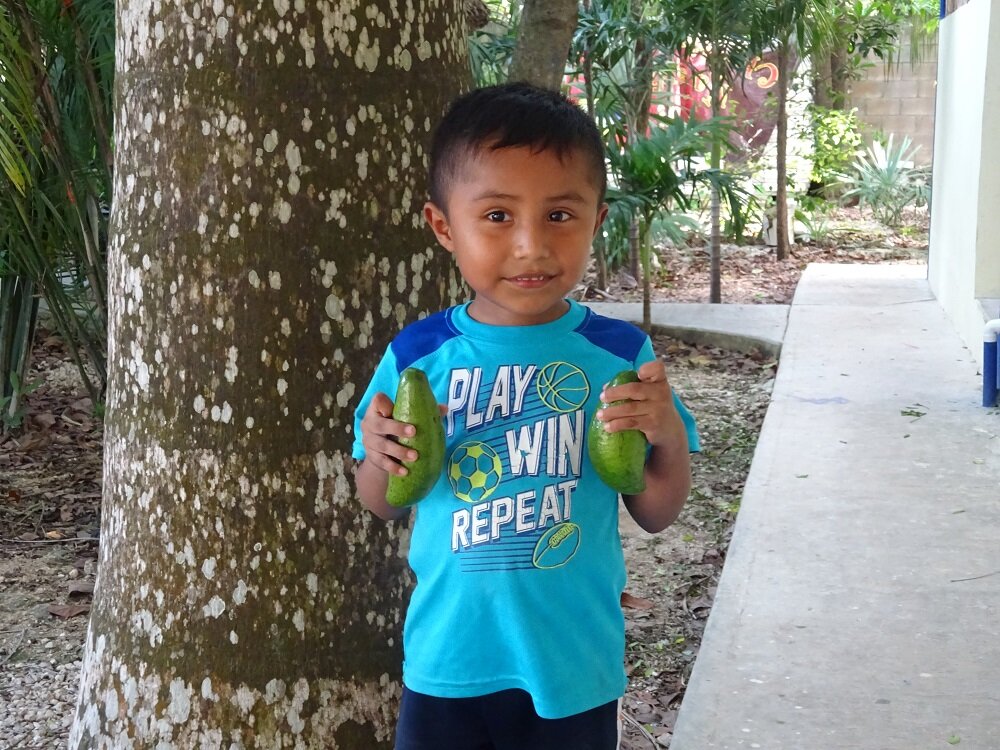
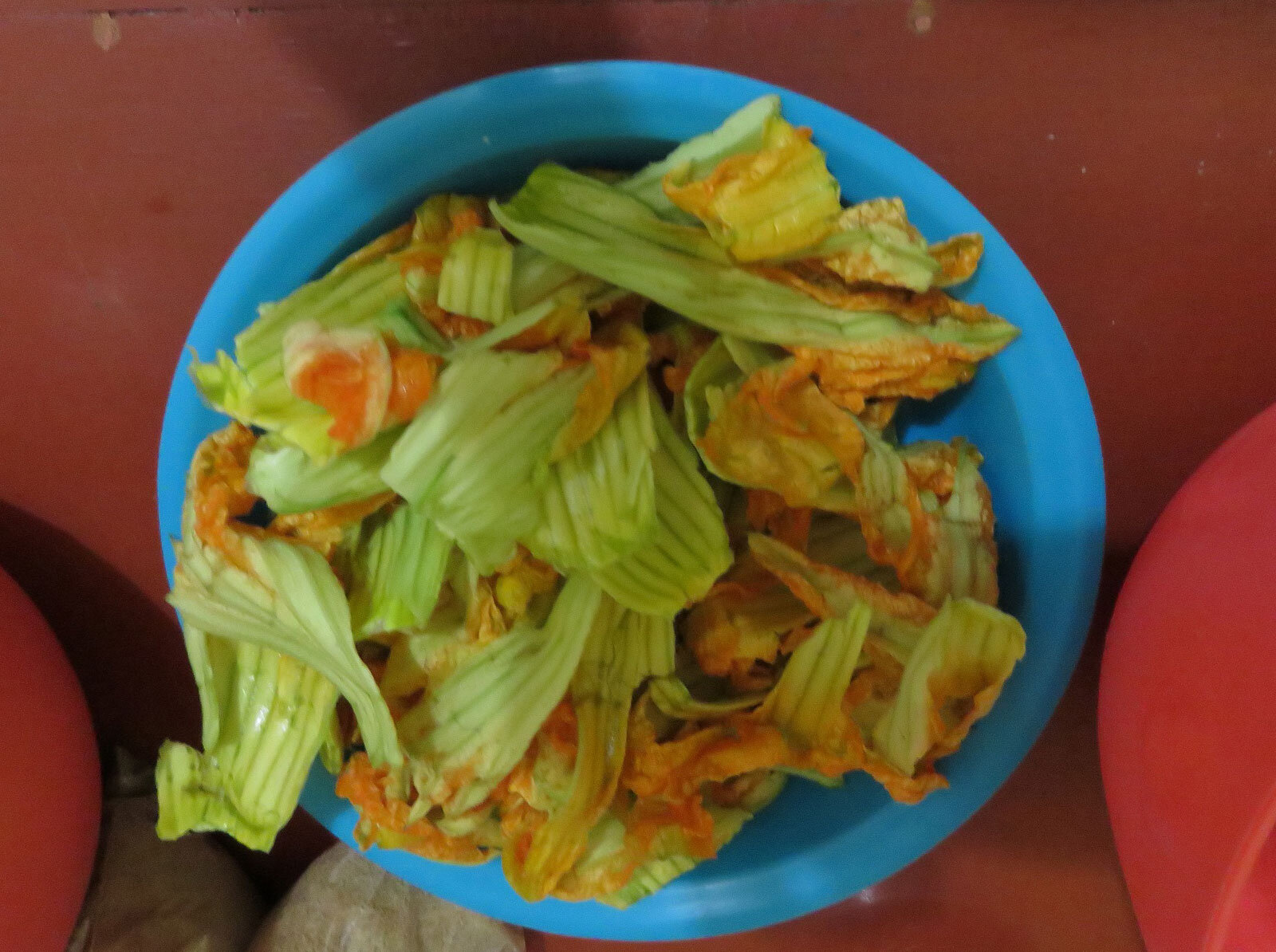

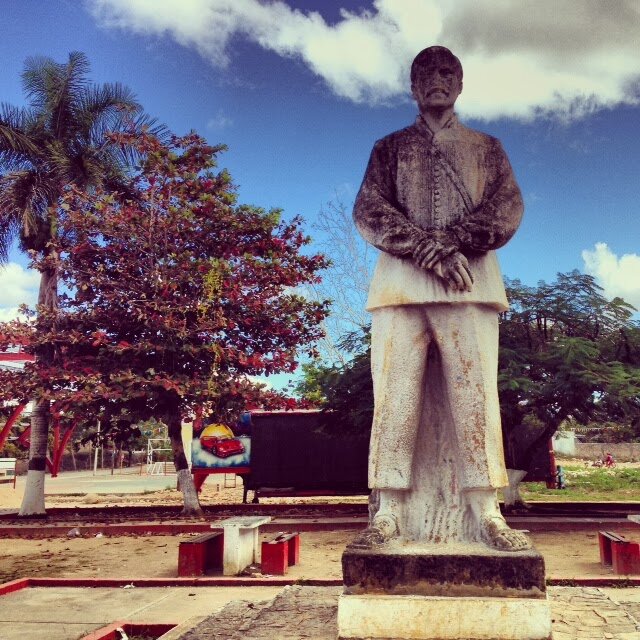
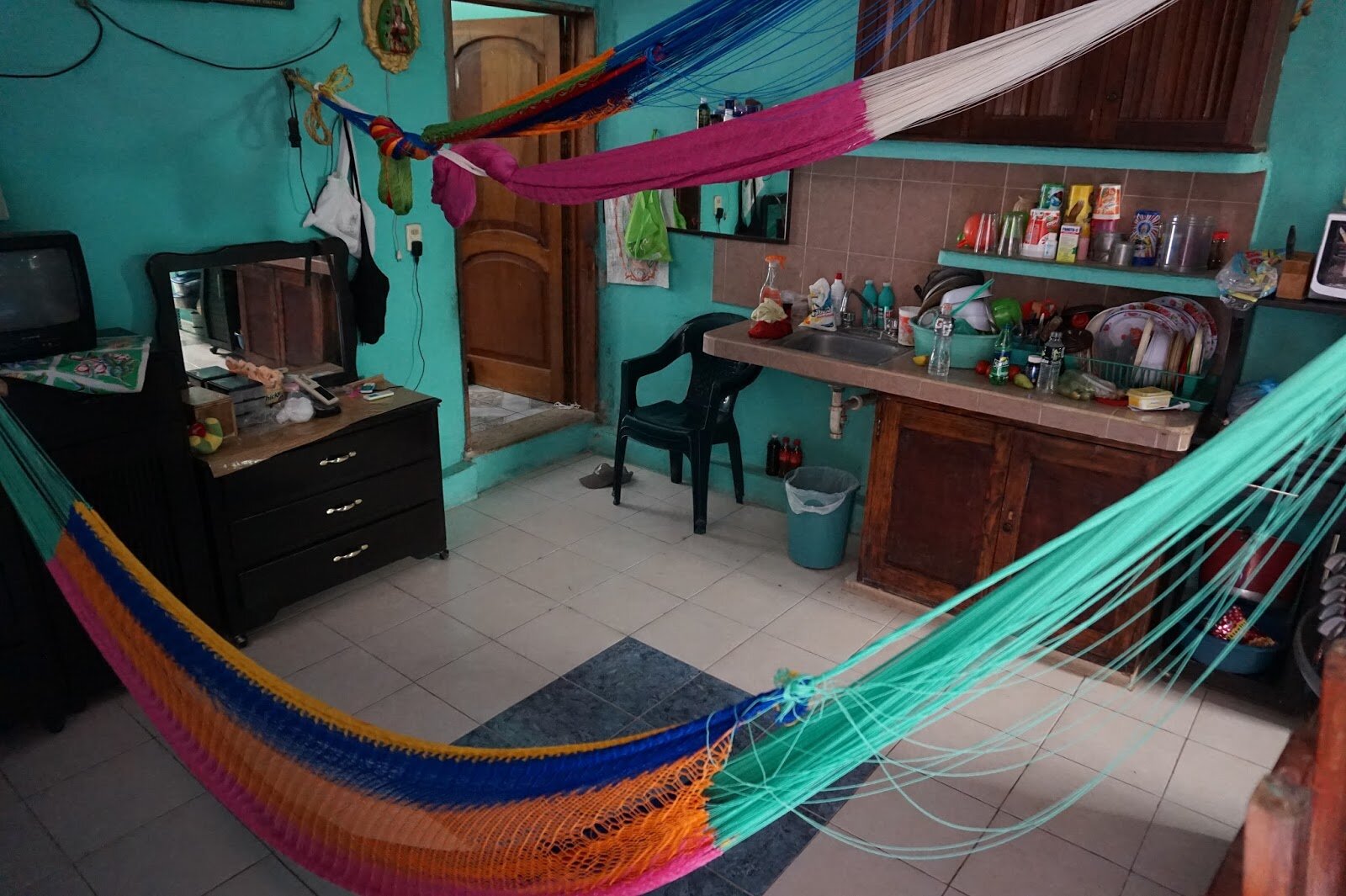
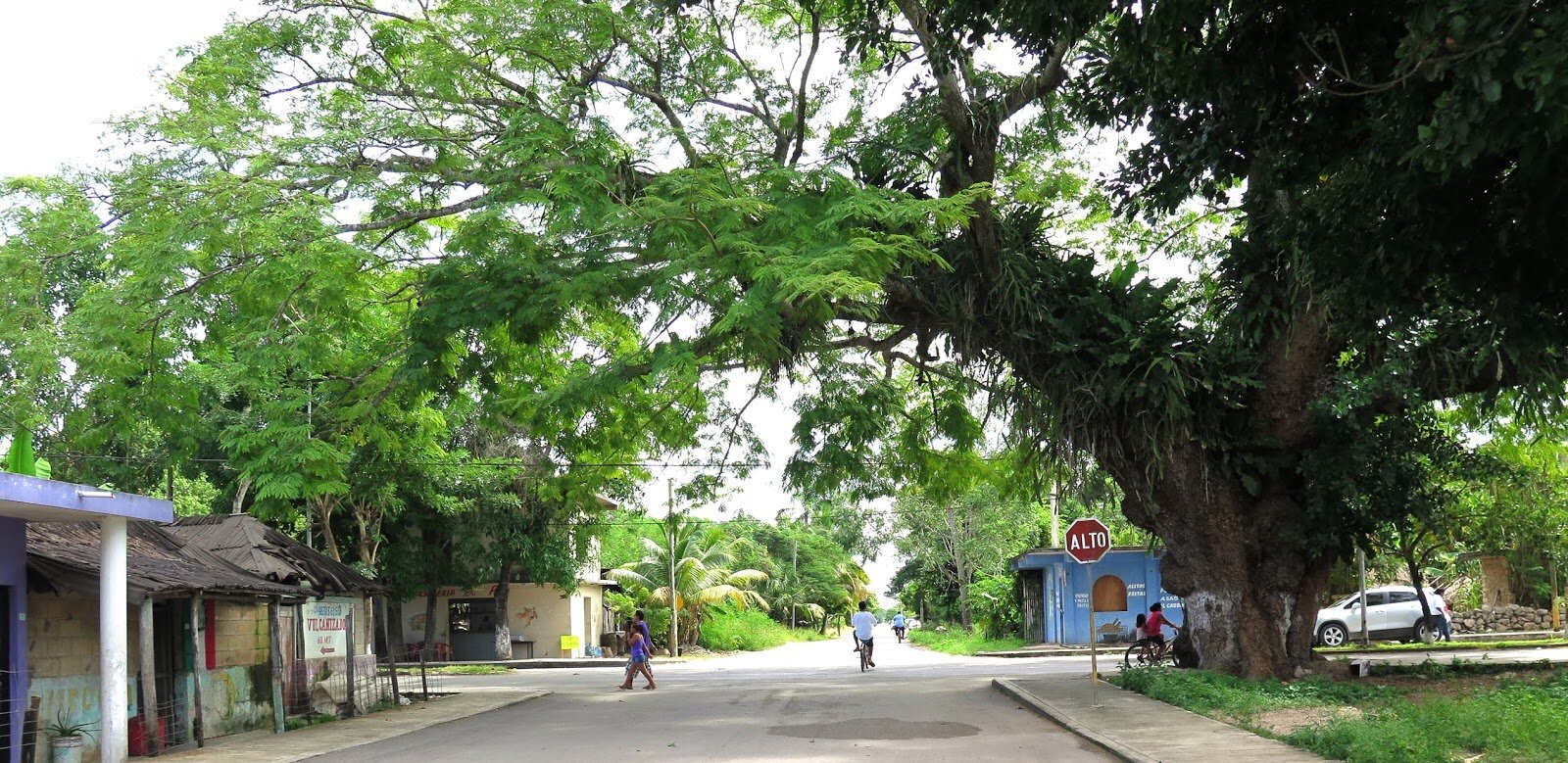
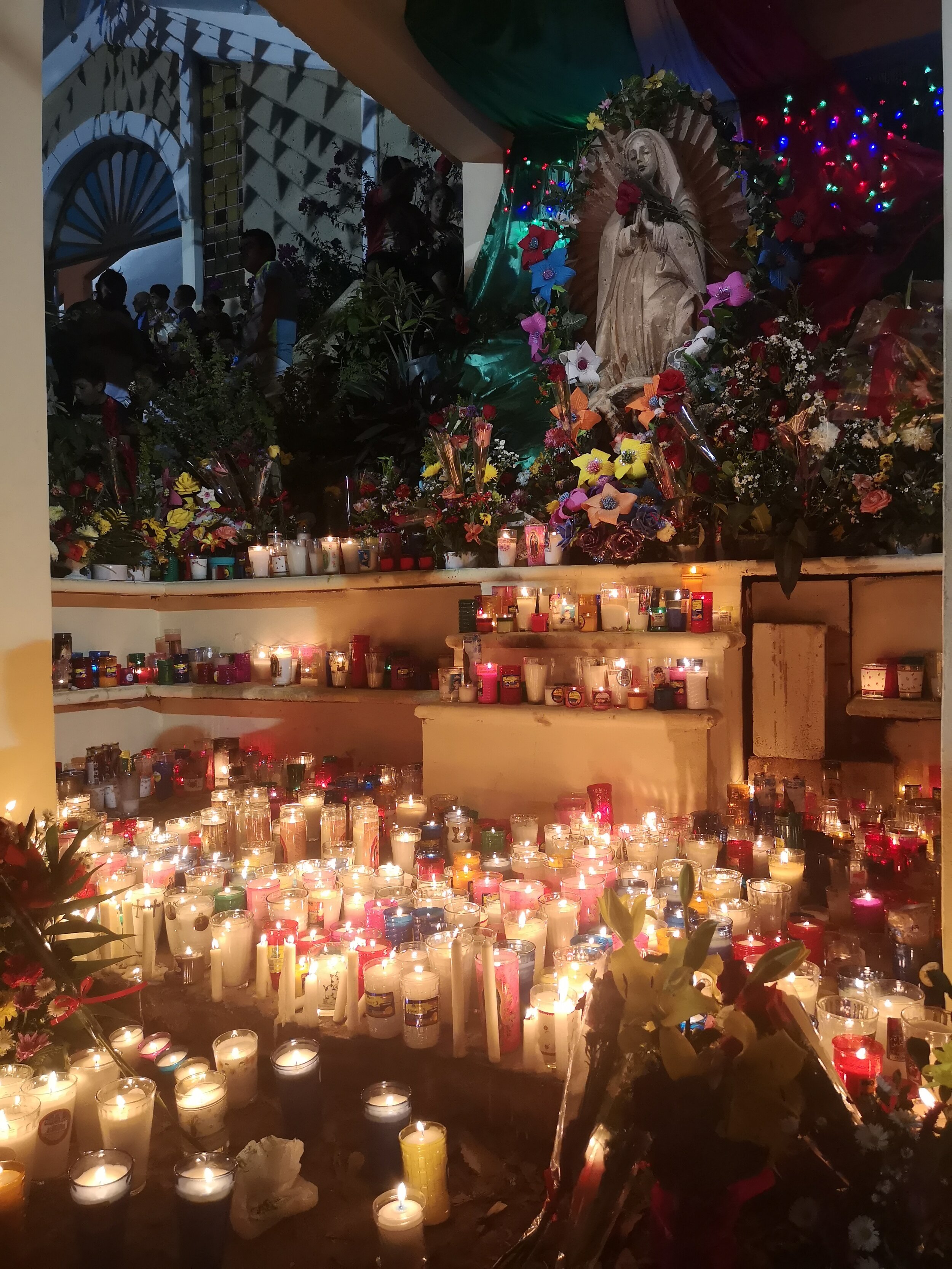

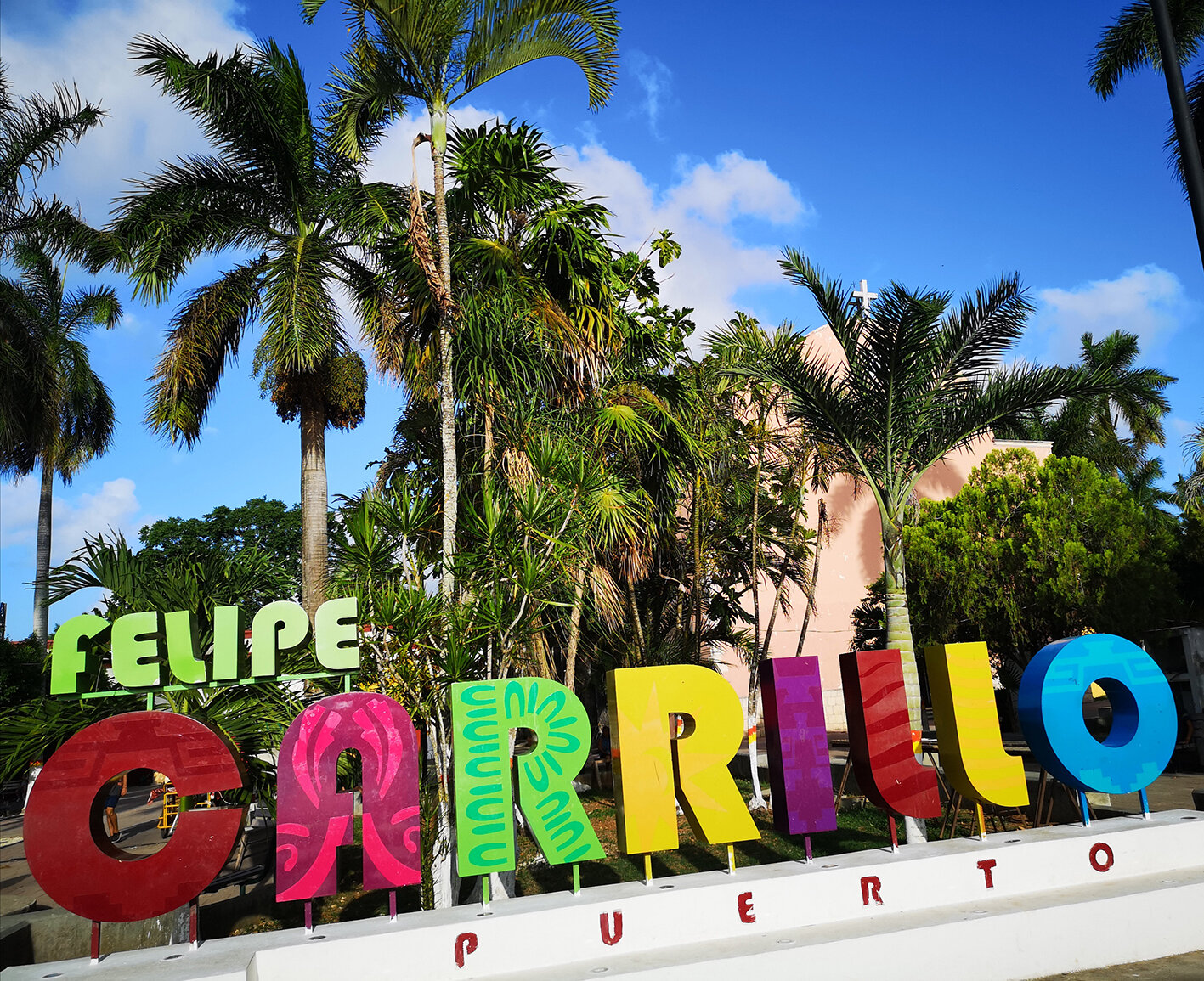
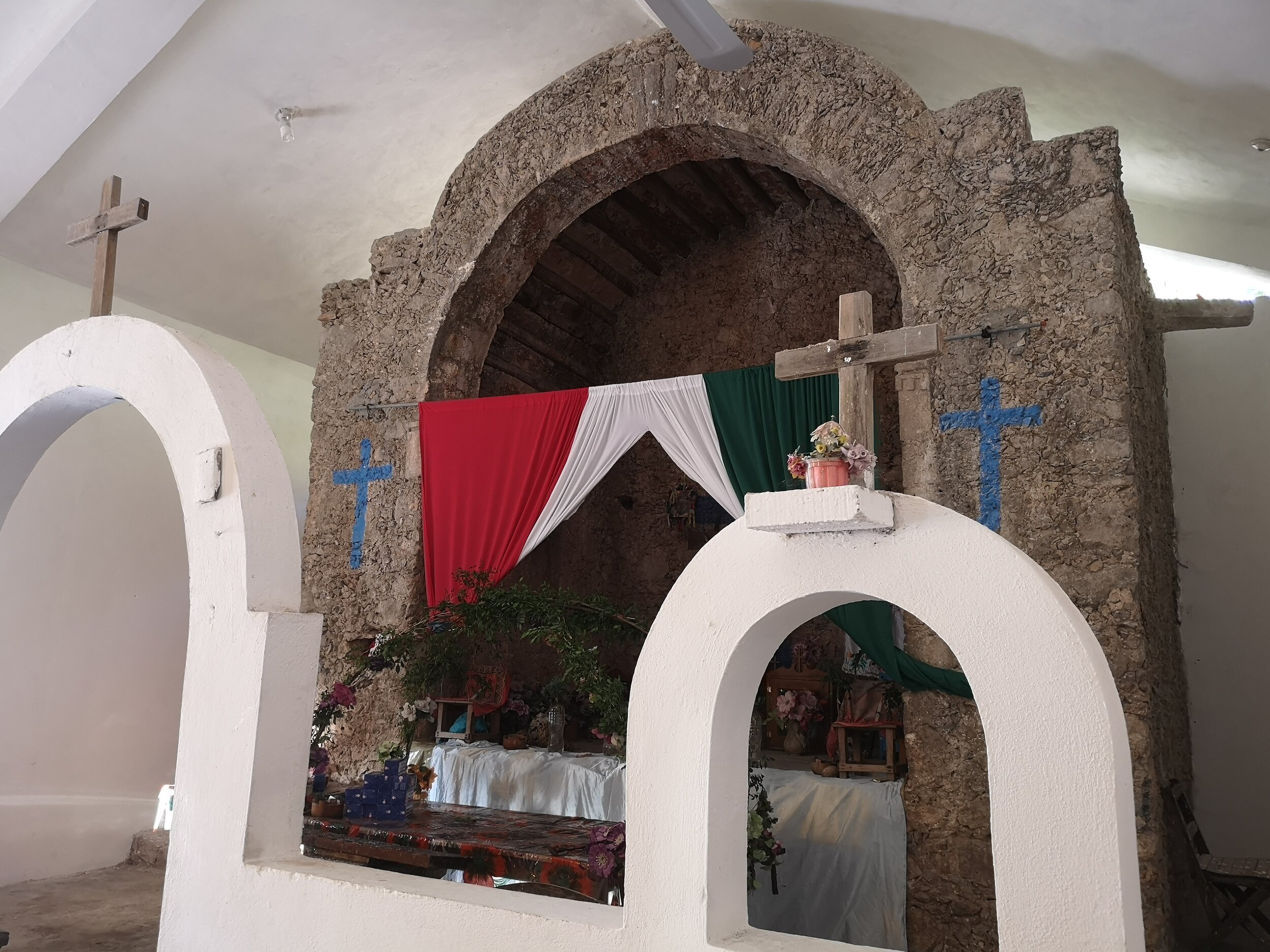
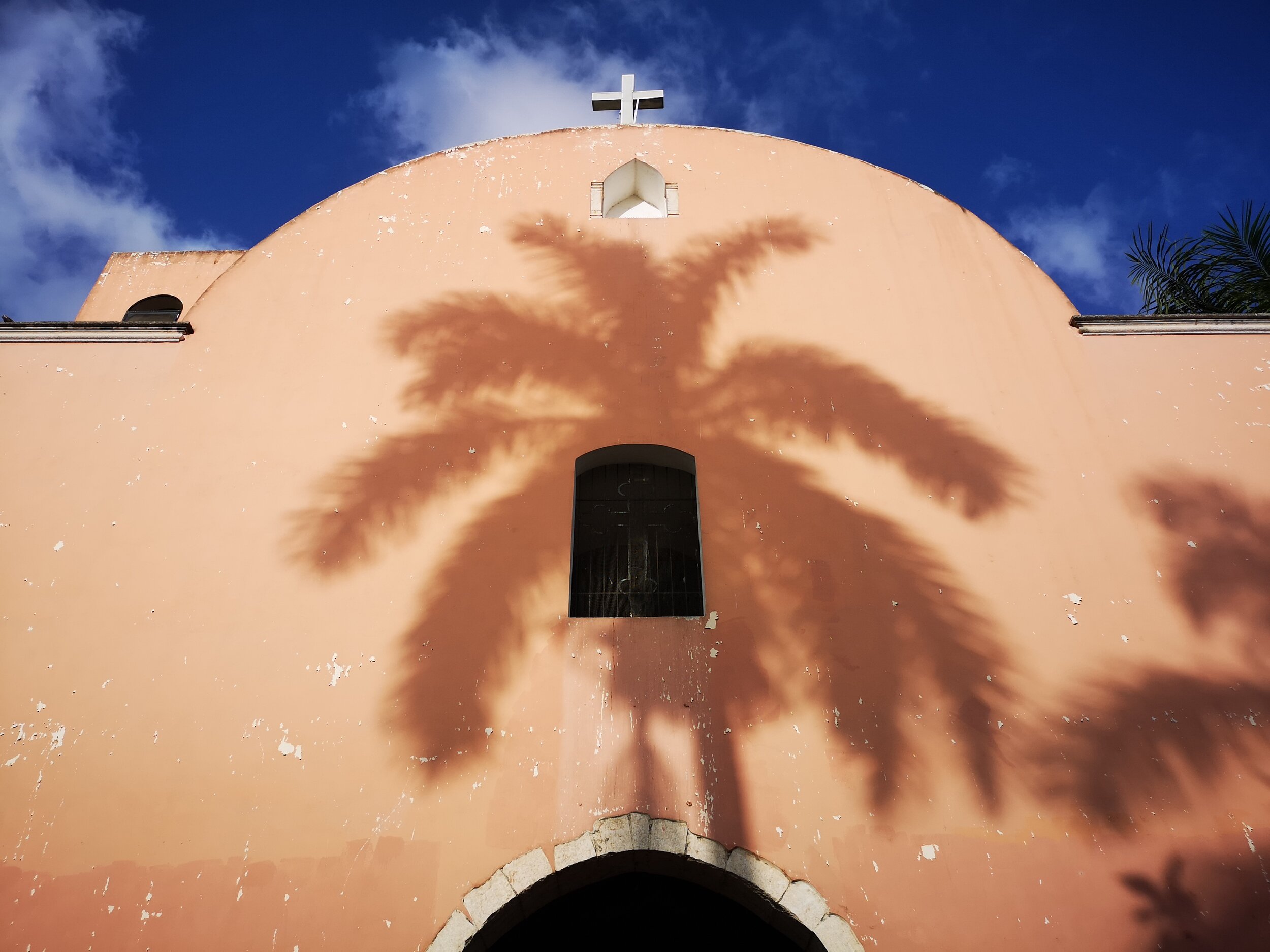
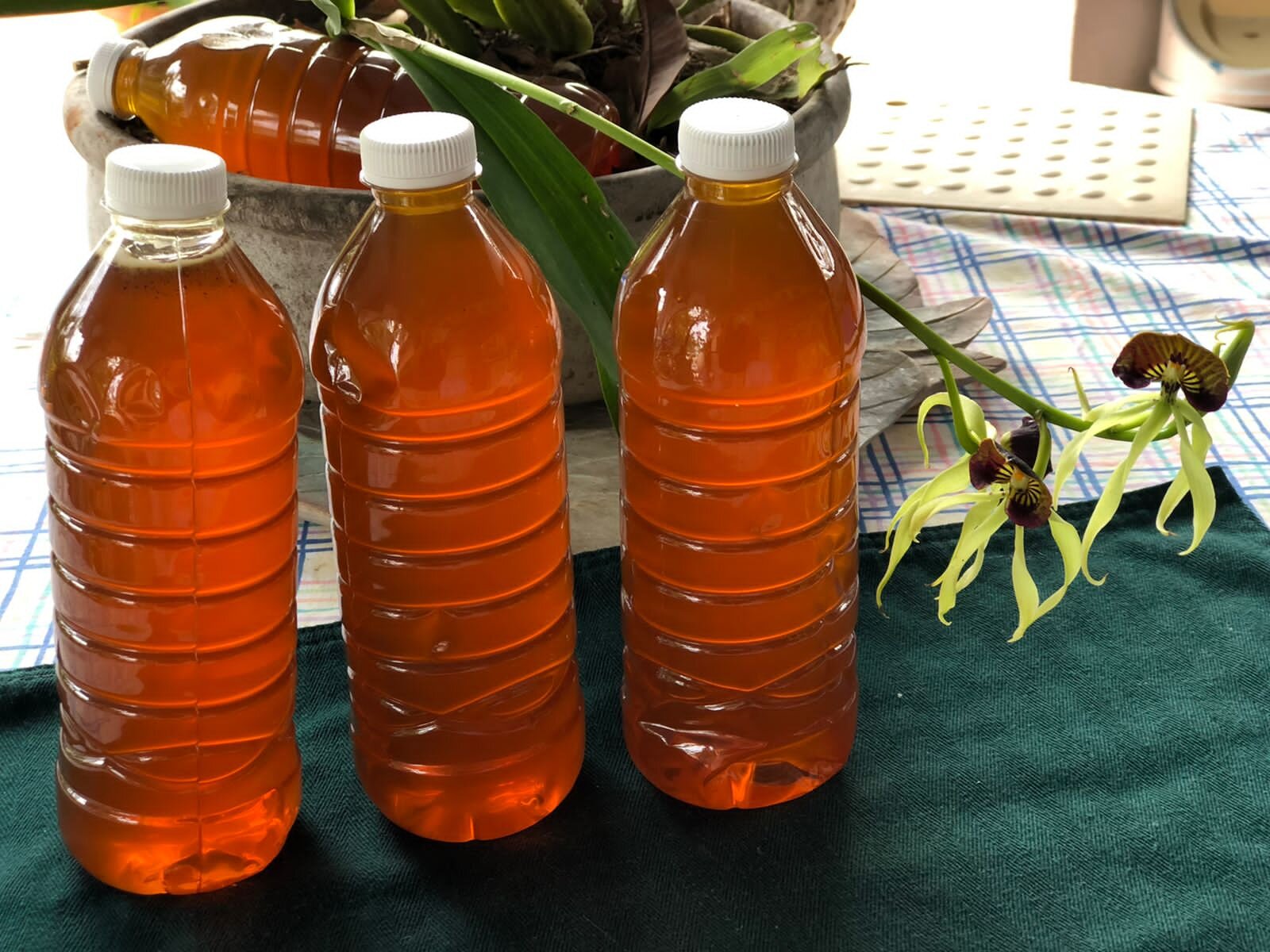
“I enjoyed exploring the quaint town of Felipe Carrillo Puerto by bicycle. It's a tight-knit community off the tourist trail. I felt safe on my own and there were a lot of opportunities to practice speaking Spanish.”
— Jen Q.



